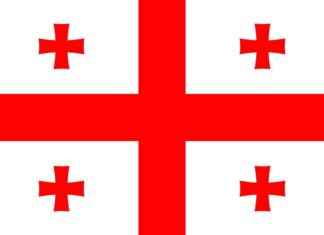To begin with, a mosaic of linguistic affirmation and the impossible traditional minute of silence. Music and an idiot who shouts without respecting the dramaturgy of silence in memory of Josep Maria Fusté. He was a player of singular talent, a practitioner of the ancestral Lleida irony, which, the more he tries to appear dry, the funnier he is. Now retired, he kept the veterans’ activity alive and, like a cobweb, used to approach the dressing room of the first team – until Ronaldinho’s time – to sell Christmas lottery tickets to the stars.
On the lawn, the sun of a grandiose Sant Jordi honors Xavi, who, even if he tries to repeat that the schedule is no excuse, conveys the feeling of believing that it is. The game improves, thanks, in part, to the omnipresence of De Jong, who is to Barça’s midfield what Servei Estació is to the city’s commerce. Fortunately, in the first minute Griezmann does not score a goal that, if it had gone in, would have had a dramatic Shakespearean dimension.
There is not much trust. The proof is that many Cullers don’t take long to claim Ferran’s expatriation and to take one of the resignation rituals out for a walk: signing the tie. Signing the tie is one of the keys on the piano of pettiness, the resource of a defeatist sense of life. Poetic justice: Ferran scores the goal that will give victory to the team and that keeps alive the certainty that football in general and Barça in particular have no meaning.
In the middle, Els Tiets (or whatever they call themselves) try to get the spectators to dance a kind of indie sardana that they can tell their grandchildren about. In the box, Stoichkov pretends to miss the days when coaches and players made bets and you could go down in history for stepping on a referee. The joy of seeing Pedri again gives us a certain oxygen for the future, without knowing if, as in other years of the hypertrophied calendar, he will be injured again.
Araújo, who continues to be the best in the team, celebrates the end of the match with a rage that is as expressive as it is symptomatic. The three points are important in a context in which all points are important, especially when we consider the threat of Madrid (who are by far the most psychologically intimidating team in history). Winning saves us from falling into the spiral of panic mathematics, signing future draws and calculating the defeats we can afford. In the end it’s all about trying to take advantage of the opportunities.
I return to Josep Maria Fusté through an article by Manuel Vázquez Montalbán (1970), who wrote with a talent and freedom that we can no longer afford today. Put on your bib and, in respectful silence, enjoy the show: “Palabra que yo nunca sé qué hará Fusté cuando coge la pelota. That’s why, invariably, I lean more towards the countryside and concentrate as I would before a poem by Samuel Beckett, equally unpredictable. And, like a poem by Becket, Fusté sometimes disappoints, but sometimes it compensates you with a no more football culture. And when things are going well for him, he leaves contentedly, running, head down, with very expressive elbows, as if creating an impossible trail of escape inside a thing in which he is cornered, under the omnipotent voice of the public, stuck in a stranger mess that has always seemed absurd but fascinating”.








